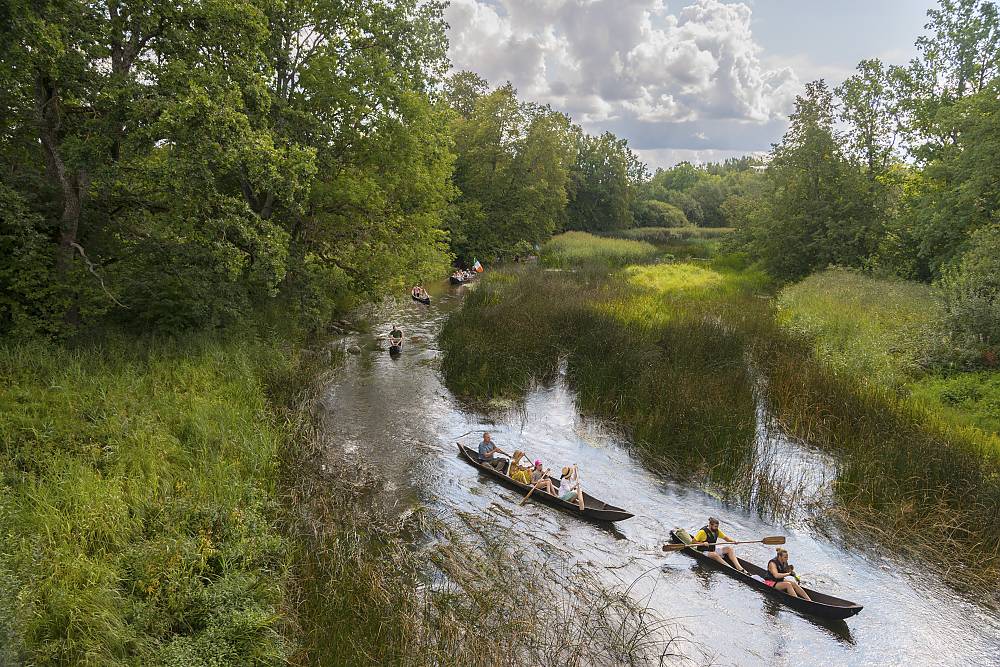The UNESCO Chair dedicated to living heritage and sustainable development at the Cergy Paris Université, France, is organizing a series of webinars bringing together researchers and academics from various UNESCO Chairs. The first discussion will be held 14th October (2pm - 4pm) and is conducted by Kristin Kuutma from the UNESCO Chair on Applied Studies of Intangible Cultural Heritage, University of Tartu, Estonia. Other webinars tackling several topics will take place until May 2023, with the participation of experts from the UNESCO Chair in research on intangible cultural heritage and cultural diversity, Universidad Nacional Autónoma de México, Mexico, and UNESCO Chair on Intangible Cultural Heritage in Formal and Informal Education, Ankara Hacı Bayram Veli University, Türkiye.
Living heritage practices will be presented as alternative ways of understanding the relationship between humanity and the environment. The intrinsic links between living heritage and sustainable development will be discussed throughout the webinars, embracing a multidisciplinary approach. Indeed, experts from various disciplines and academic background will lead the discussions: from education to critical heritage studies, including comparative law and applied studies, showing the richness of research in the field of intangible cultural heritage.
It is an occasion to reflect on the relationship between living heritage and sustainable development, and to spark interest in the academic field and beyond. You can follow the discussions via Zoom (code: g3HqFM)
Discover the full programme here.
Launched in 1992, the UNITWIN/UNESCO Chairs Programme promotes international academic cooperation to enhance institutional capacities through knowledge sharing and collaborative work. The programme supports the establishment of UNESCO Chairs and UNITWIN Networks in key priority areas related to UNESCO’s fields of competence, such as culture. Today, the Programme involves over 650 institutions in 124 countries and currently 80 Chairs/UNITWIN Networks belong to Culture Sector. In many instances, the networks and chairs serve as thinktanks and bridgebuilders between academia, civil society, local communities, research and policy-making.
